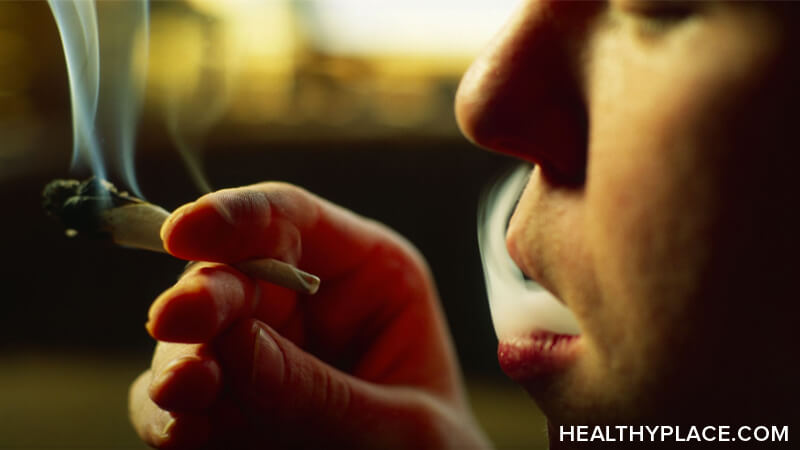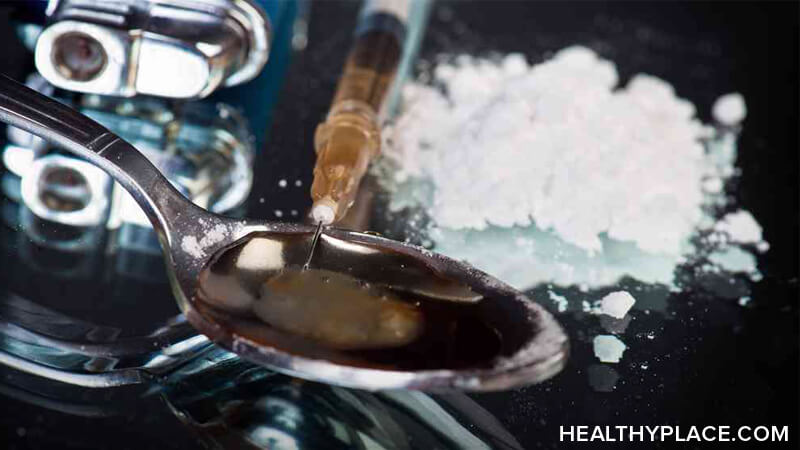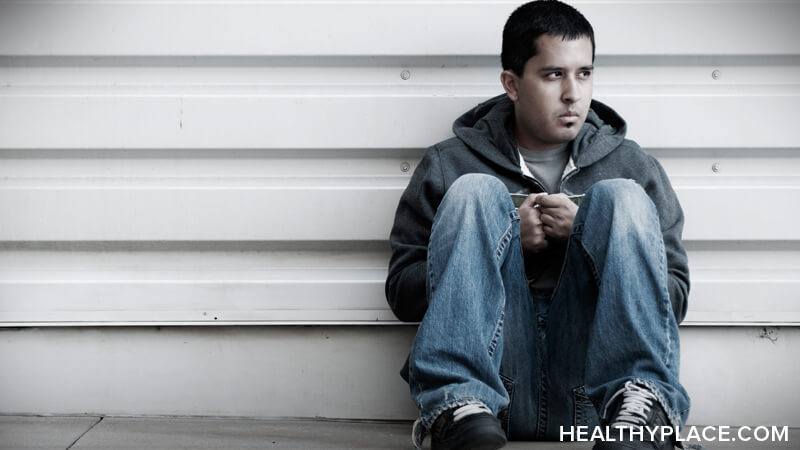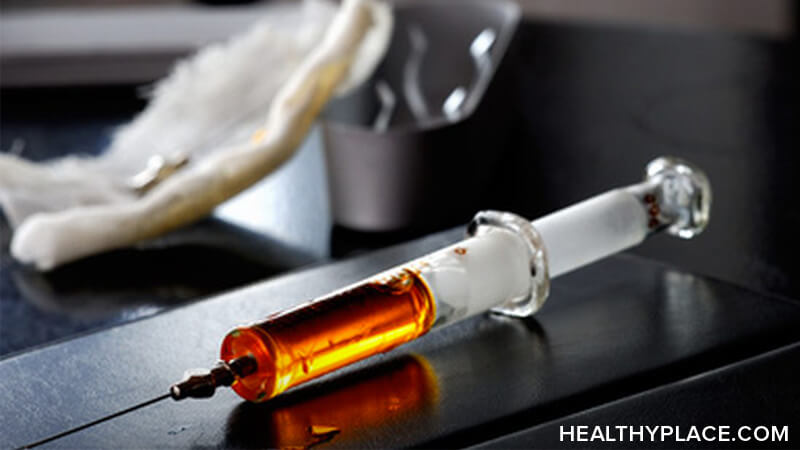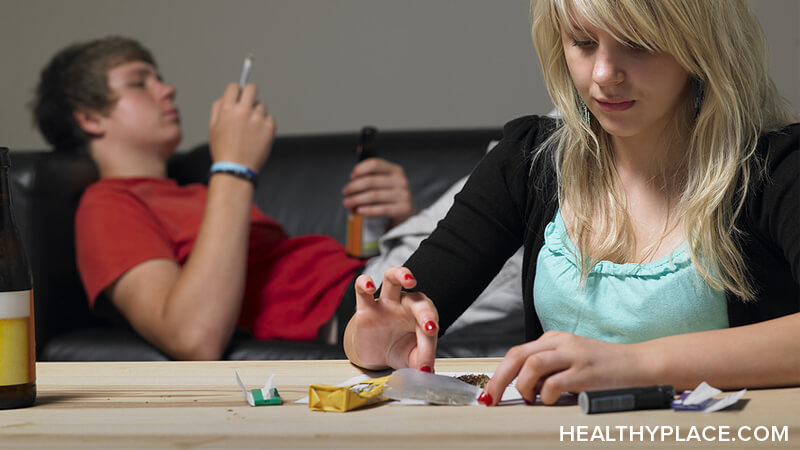Causes of Drug Addiction - What Causes Drug Addiction?
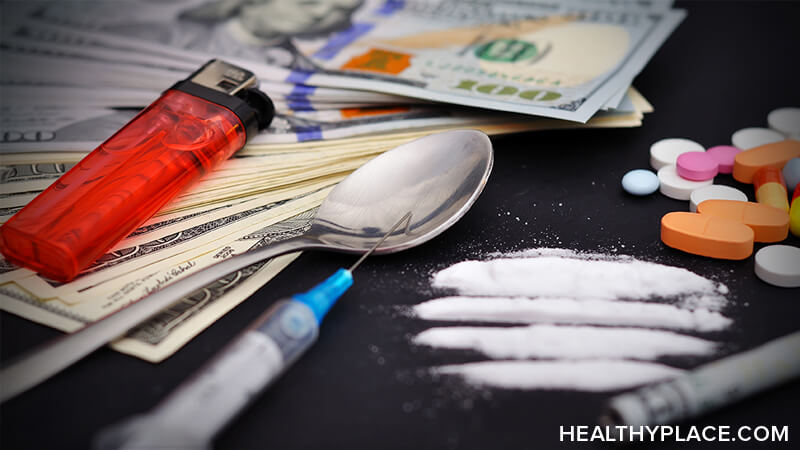
Drug addiction refers to the compulsive and repeated use of increasing amounts of drugs with the appearance of withdrawal symptoms when drug use ceases. While the specific causes of drug addiction are not known, genetic, psychological and environmental factors are thought to play a significant role. Rather than a single cause of drug addiction, it is likely multiple factors lead to drug addiction in any given person.
Some drug addicts also identify drug use and ignorance as a cause of drug addiction. Often, if a person is dealing with pain-management issues, the drug they receive, like oxycodone, can be very addictive. The ignorance of the drug's addiction potential, along with the physical pain of the condition, becomes a cause of drug addiction.
Psychological Causes of Drug Addiction
While biological causes of drug addiction have been suggested, many people still believe psychological factors comprise the bulk of what causes drug addiction. Some of the psychological causes of drug addiction appear to stem from trauma, often when the drug addict is young. Sexual or physical abuse, neglect, or chaos in the home can all lead to psychological stress, which people attempt to "self-medicate" (decrease the stress's pain through drug use). This self-medication becomes a cause of drug addiction.1
Other psychological causes of drug addiction include:
- A mental illness such as depression
- Inability to connect with others, lack of friends
- Poor performance at work or school
- Poor stress coping skills
Environmental Causes of Drug Addiction
A person's environment can be part of what causes drug addiction. Drug addiction is more common in environments where drug abuse is seen or where it's seen as permissible. Children who grow up in homes with drug addicts often become drug addicts themselves.
Because most drug use starts in adolescence (read: teenage drug abuse). Those with inattentive, abusive or neglectful parents are more prone to drug abuse. One cause of drug addiction can be the combination of drug experimentation with the lack of parental oversight.
Other environmental factors that can be causes of drug abuse include:
- Participation in a sport where performance-enhancing drugs are encouraged
- A peer group that uses or promotes drug use
- People of lower socioeconomic status are at greater risk of drug addiction
- Gender and ethnicity contribute to addiction of some drugs
Genetic Causes of Drug Addiction
Drug addiction tends to run in families, indicating genetics may have a role in causing drug addiction. In fact, in studies of twins it appears half of someone's risk of becoming addicted to drugs is genetic.2 Genetic causes of drug addiction appear to involve multiple gene sequences and science has not yet been able to pinpoint all the genes involved. However, it is known some genes, like those involved in brain receptors of nicotine, contribute to the cause of drug addiction.
APA Reference
Tracy, N.
(2021, December 15). Causes of Drug Addiction - What Causes Drug Addiction?, HealthyPlace. Retrieved
on 2025, May 23 from https://www.healthyplace.com/addictions/drug-addiction/causes-of-drug-addiction-what-causes-drug-addiction
